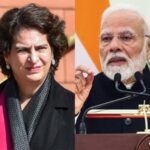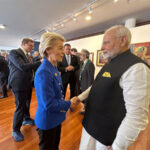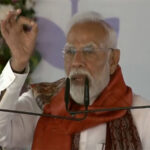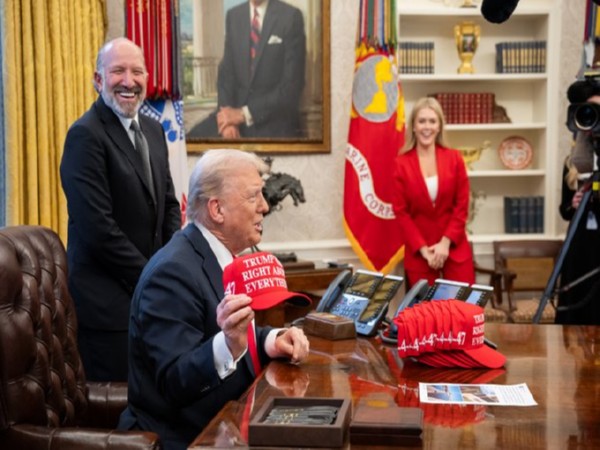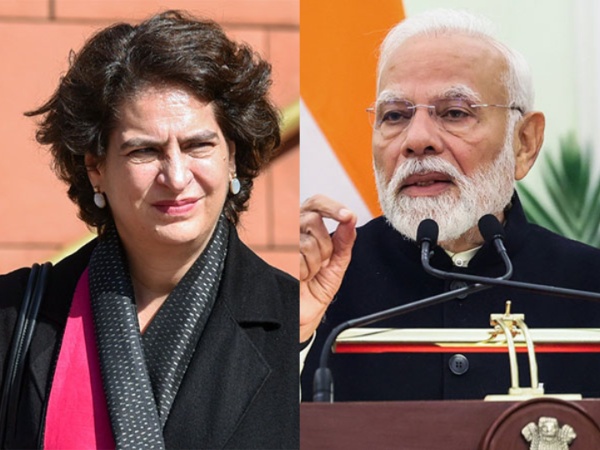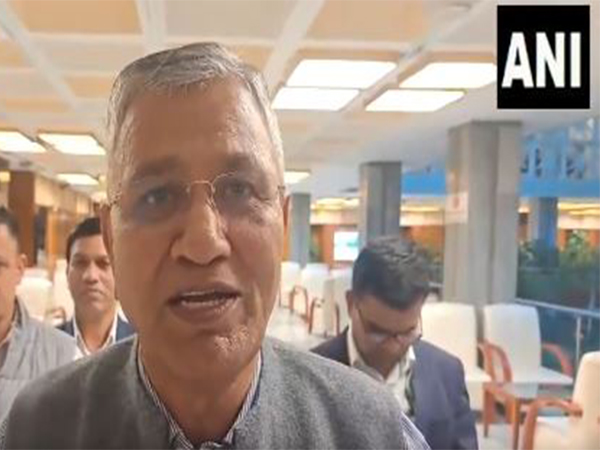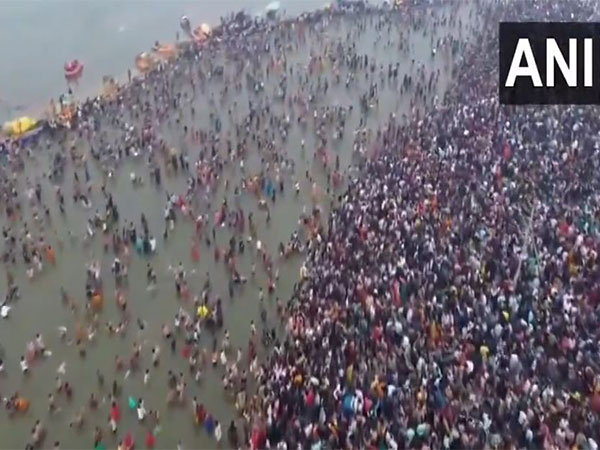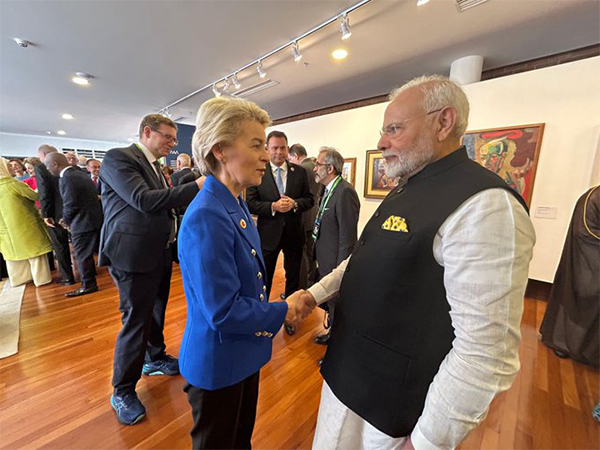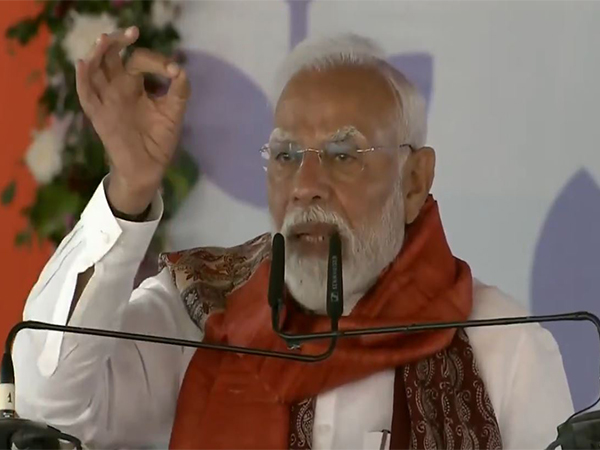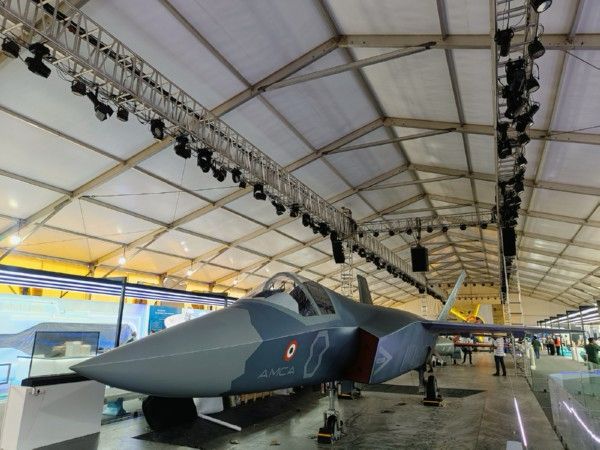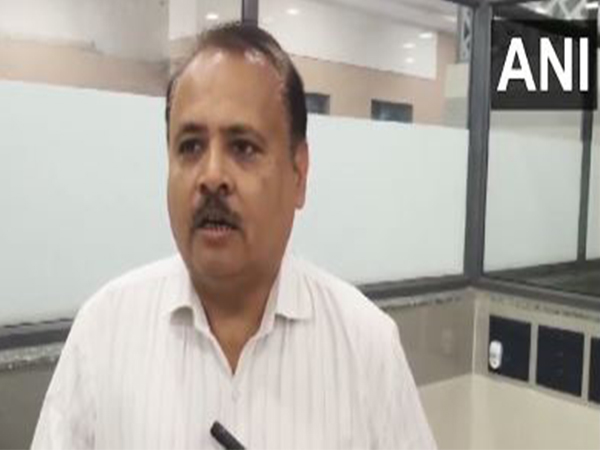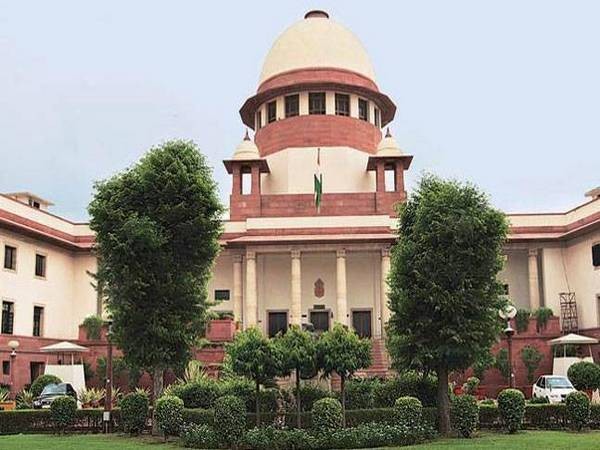
New Delhi [India], December 14 (ANI): The Supreme Court on Monday adjourned to January the hearing on a batch of petitions challenging the election of External Affairs Minister S Jaishankar to the Rajya Sabha from Gujarat.
A bench headed by Chief Justice SA Bobde adjourned the matter for January third week. One of the petitions against Jaishankar has been filed by Congress leader Gaurav Pandya.
The pleas have also raised the issue of Election Commission’s (EC) power on issuance of separate notifications for holding bypolls for casual and regular vacancies in Rajya Sabha.
The pleas are related to the 2019 Rajya Sabha by-polls on two seats from Gujarat, both of which were won by BJP candidates.
On February 4, the Gujarat High Court had dismissed the Pandya’s plea against Jaishankar’s election to the Rajya Sabha. It had also dismissed two other pleas filed by Congress leaders Chandrikaben Chudasama and Pareshkumar Dhanani against the election of BJP candidate Jugalji Thakore.
Chudasama and Dhanani had approached the apex court against the High Court order dismissed their petitions against the election of the BJP candidates.
Jaishankar and Thakore were elected to Rajya Sabha on July 5 last year in by-polls held on seats vacated by Union Ministers Amit Shah and Smriti Irani. They had defeated Congress candidates Pandya and Chudasama respectively in the Rajya Sabha by-polls.
Jaishankar, while defending his election to the Rajya Sabha from Gujarat last year, has stated in his affidavit before the apex court that the procedure of voting adopted by the Election Commission did not flout any law or constitutional provision.
Congress leader’s appeal against the Gujarat High Court’s order is based on “misrepresentation of facts and incorrect understanding of law”, the minister said.
The Congress leaders had moved the High Court challenging the election on the ground that the EC’s notifications, treating the two vacant seats to be of different categories and requiring bypolls to be held separately, were “illegal and in violation of provisions of the Constitution, the Representation of People (RP) Act, 1951 and the Conduct of Election Rules, 1961”. (ANI)



